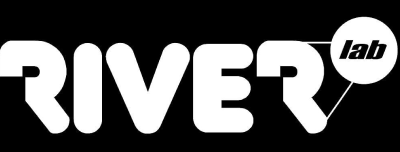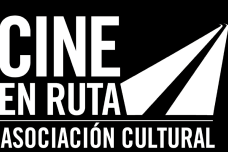
The old place
Switzerland / 2000 / 49'
Plot
Godard and Miéville share an emotional elegy on the defeats and powers of 20th century art. A hymn to what resists and those who resist.
Full Cast and Crew
Director:
Jean-Luc Godard
Anne-Marie Miéville
Guion:
Jean-Luc Godard
Anne-Marie Miéville
Producer:
Mary Lea Bandy
Colin MacCabe
Production:
The Museum of Modern Art (MoMA)
Film Editing:
Jean-Luc Godard
Anne-Marie Miéville
Cast:
Jean-Luc Godard
Anne-Marie Miéville
James Dean
Sharon Stone
Sound:
François Musy
Póster Oficial

Screenings
| 28/11/2024 | 17:30h | DORÉ | 3€ |
Director

Jean-Luc Godard

Anne-Marie Miéville
Anne-Marie Miéville (Lausanne, 1945) is a photographer, film director, actress and screenwriter. In 1970 she joined the Dziga Vertov Group as a photographer and began a prolific professional collaboration with Jean-Luc Godard. Together they produced numerous films and television programmes, analysing social and couple relationships as well as the mass media.
Since 1983, Miéville has been writing and directing his own films, five short films and four feature films, through which he establishes a very particular research on the articulation of narrative, both in terms of form and content, questioning love, time and the meaning of things.
In 1983, he made the short film How can I love and the following year Le Livre de Marie, an inseparable counterpoint to Godard's Je vous salue Marie. Her first feature film, Mon cher sujet, selected for the Cannes Critics' Week, is an ambitious reflection on three generations of women. It was followed by Lou n'a pas dit no (1994), Nous sommes tous encore ici (1997) and Après la réconciliation (2000).
In 2002 he wrote Images en paroles, short texts published by Editions Léo Scheer, which the publisher describes as ‘a series of still images, short films of writing’. Strictly speaking, they are not short stories, but unspeakable moments, fleeting scents...’.
With his solo films, which explore couple and family relationships, ageing and sexual difference, (mis)communication and loneliness, he has built a distinctive oeuvre marked by an absolutely original style of acting direction and the integration of texts and musical passages. Far from naturalism, the peculiarity of his cinema lies precisely in the search for original patterns and new points of view, transforming narrative form into a mode of philosophical and artistic enquiry, placing intimate dialogue at the centre of his films.
Together with Godard, he has produced an extraordinary body of work that embraces new technologies while critically reasoning about them. Through the
experimental audiovisual laboratory Sonimage, he invented alternative ways of
of thought through the organisation of images and sounds, reflecting on the mass communication society.





















